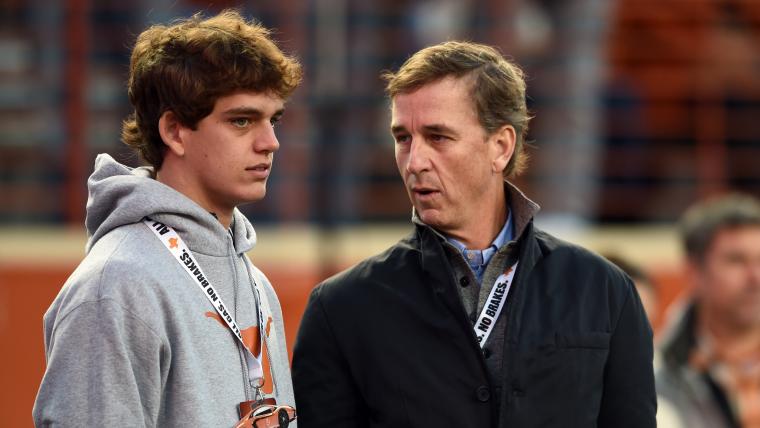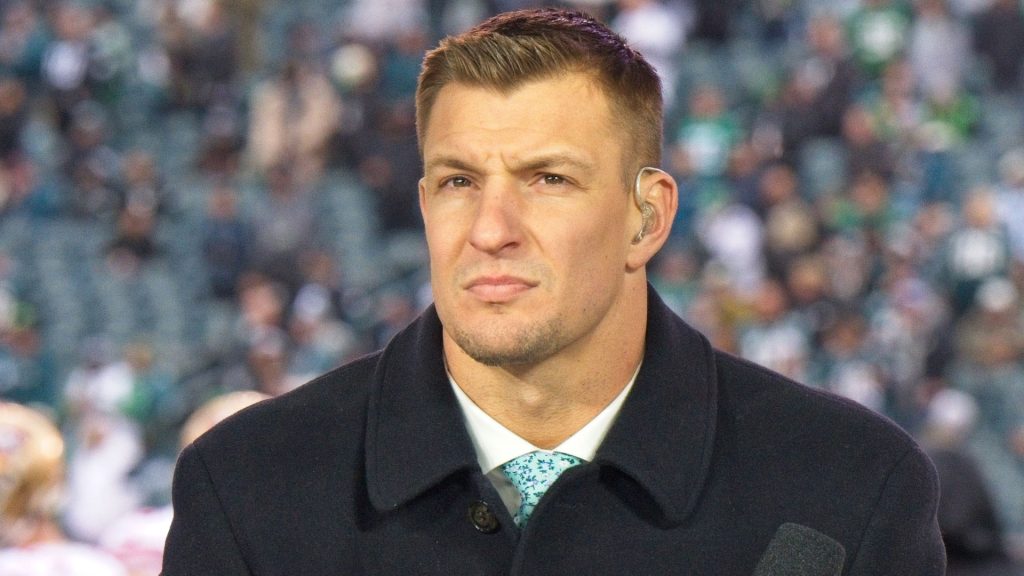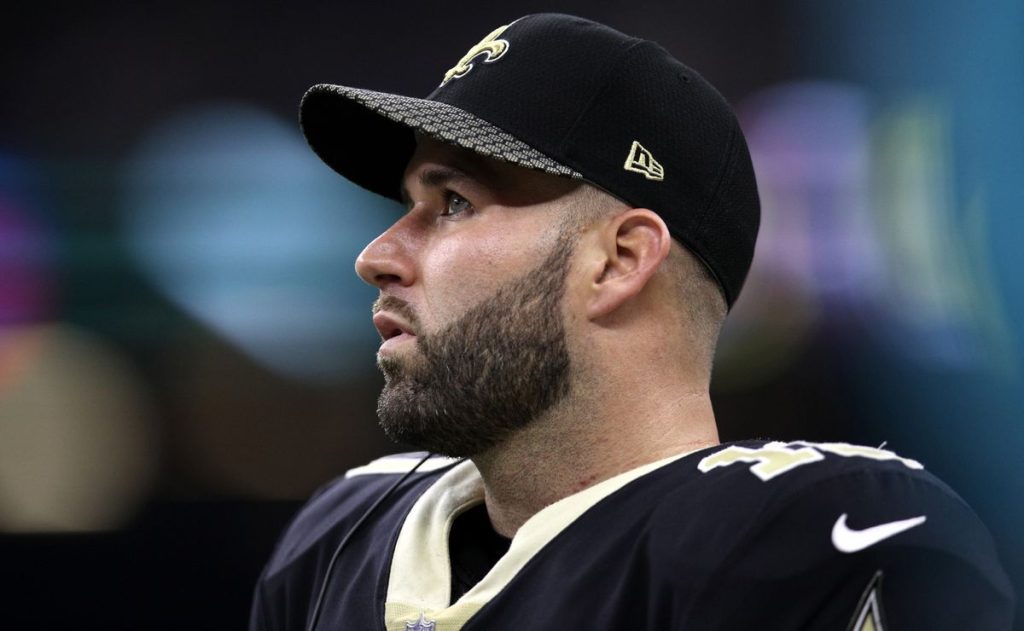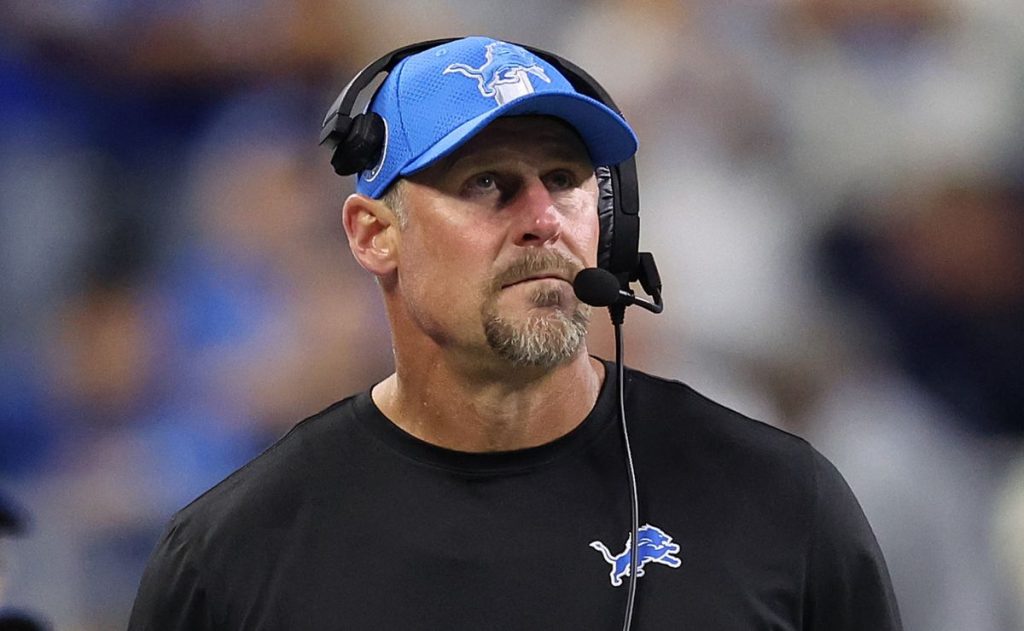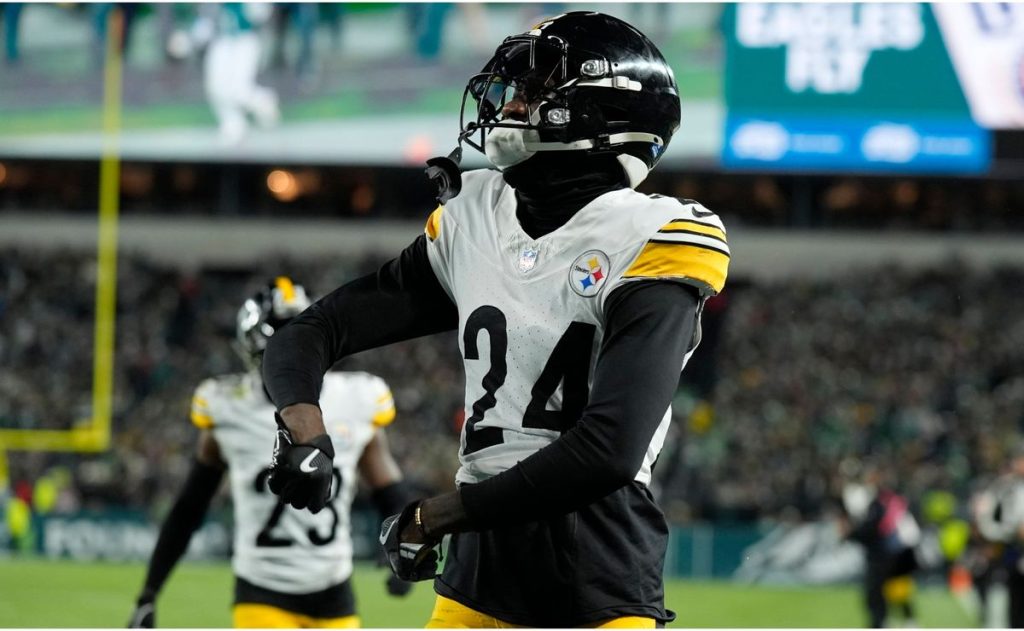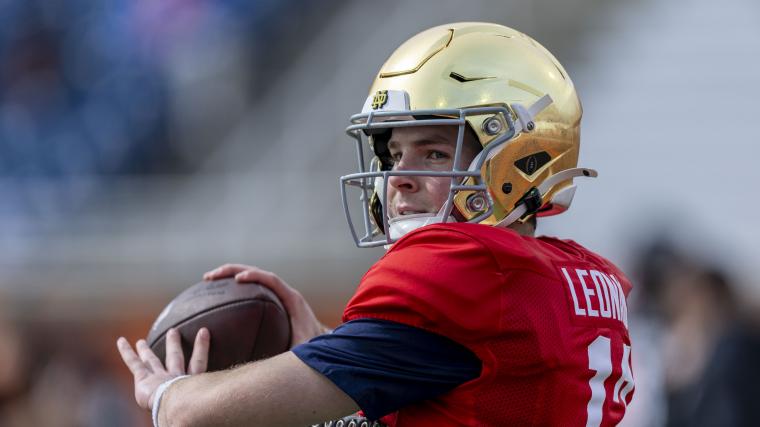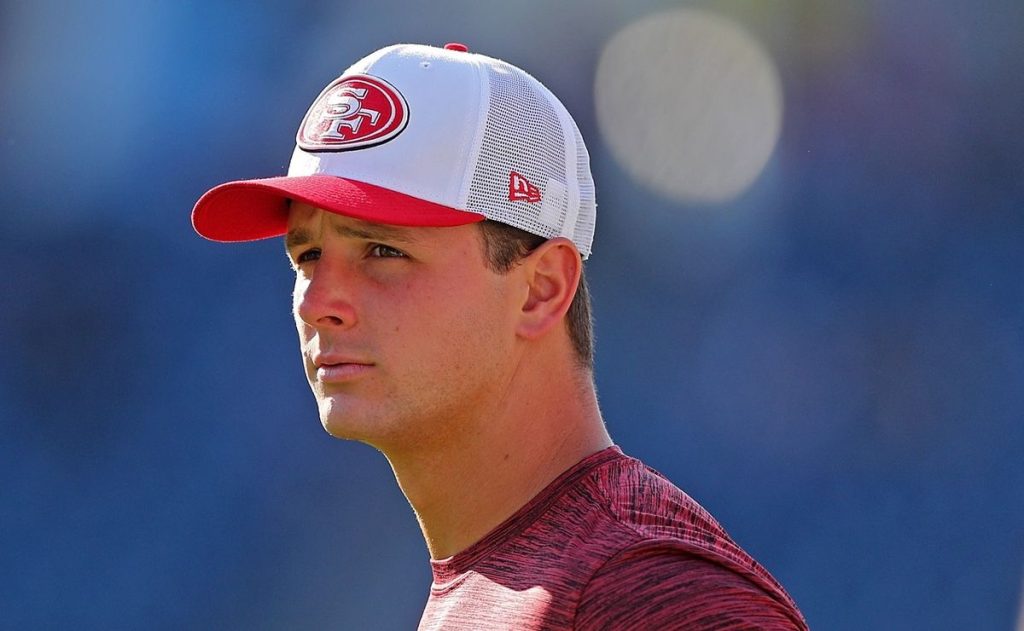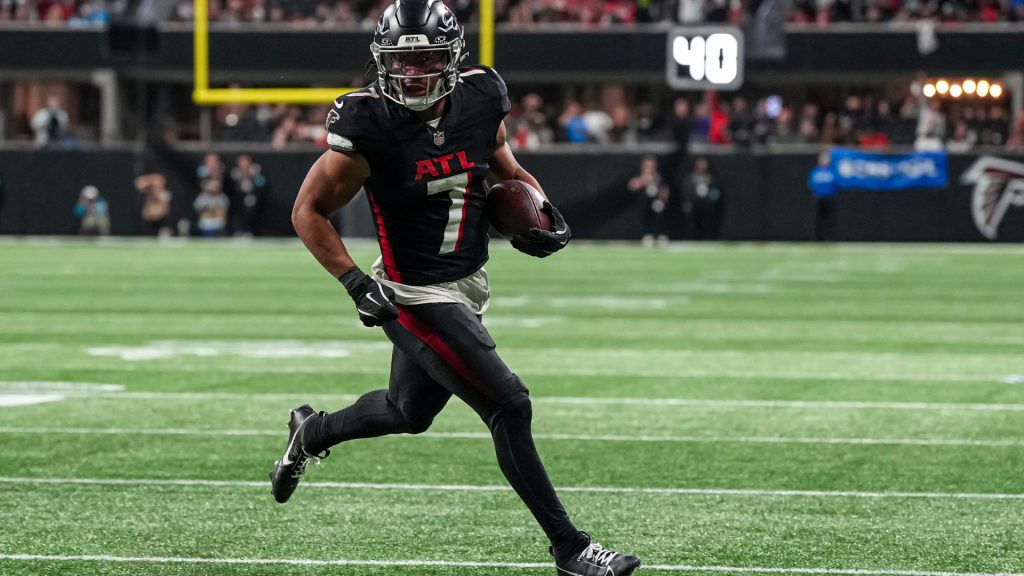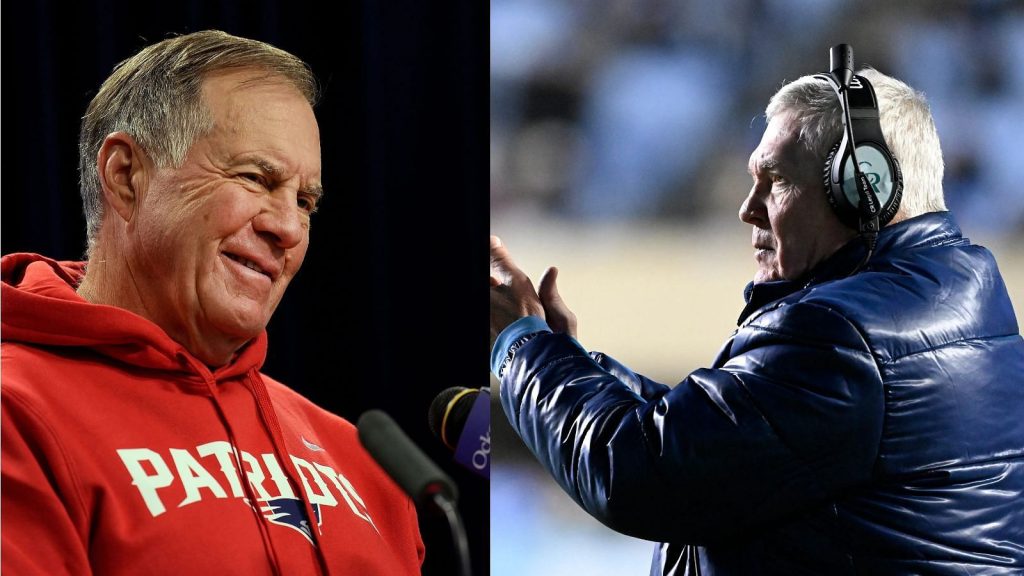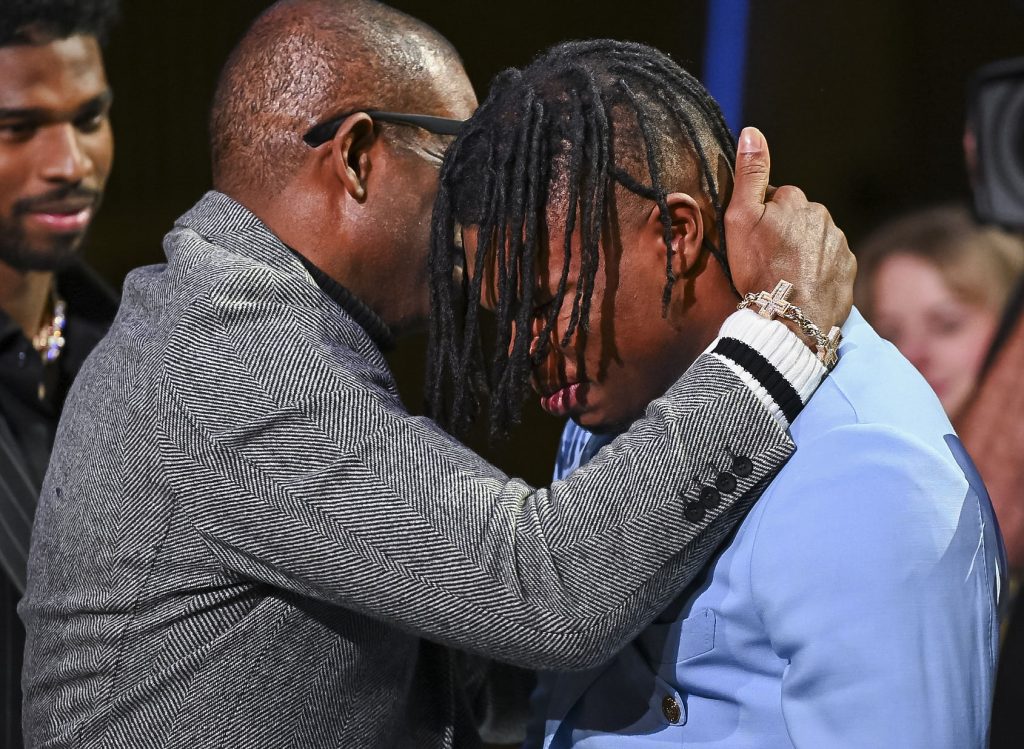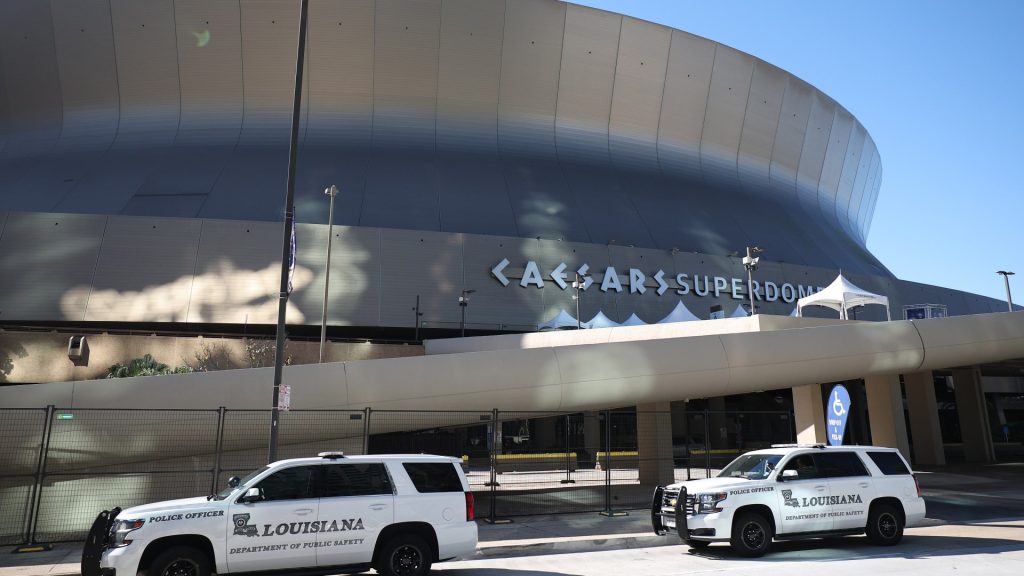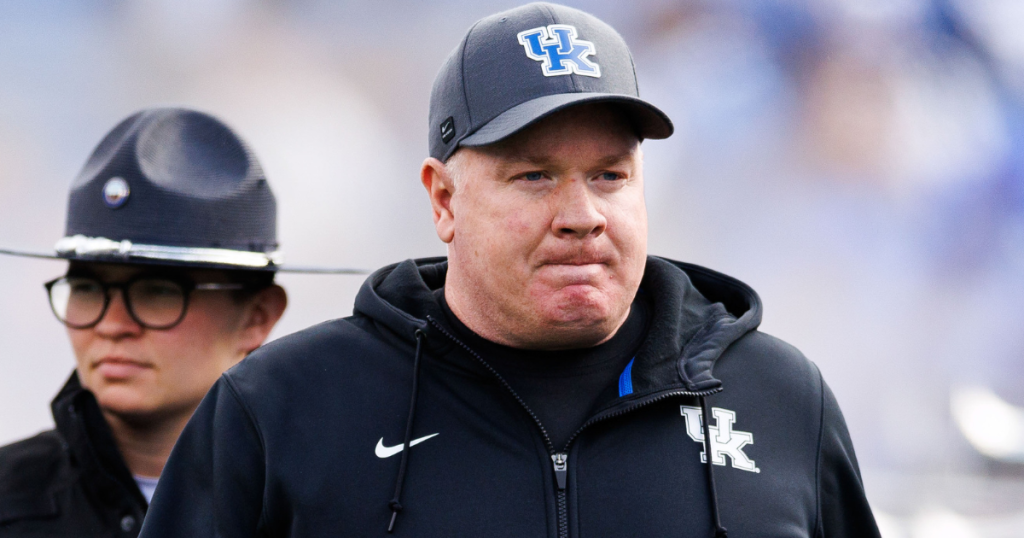Many people know what it’s like to be the odd sibling out. Cooper Manning lived it to a degree that almost no one else has. While his brothers, Peyton and Eli, found immense success in the NFL, winning multiple Super Bowls and solidifying their legacies, Cooper’s football journey took a different path.
The story of Cooper Manning isn’t just about a football player who didn’t reach the same heights as his brothers; it’s about resilience, family, and the impact of circumstances beyond one’s control. As his son, Arch, embarks on his own football journey at Texas, Cooper’s narrative becomes even more compelling. Let’s dive deeper into Cooper Manning’s football career and the challenges he faced along the way.
Did Cooper Manning play football?
Yes, Cooper Manning played football and was a standout wide receiver in high school. He caught passes from his younger brother, Peyton, during his senior year, showcasing his talent on the field. His impressive performance earned him a scholarship to Ole Miss, where he hoped to continue his football career.
However, fate had other plans. Before he could don the Rebels’ colors, a spinal stenosis diagnosis abruptly ended his playing days. This condition, which narrows the spine, led doctors to recommend that he stop playing football altogether. His career was over before his brothers even reached the collegiate level, marking a significant turning point in his life.
Cooper Manning’s high school football journey
Cooper Manning’s path to the NFL was promising, but it wasn’t as a quarterback like his brothers. He didn’t possess the same arm strength, but at wide receiver, he had the size and skills that caught the attention of college scouts.
During his time at Isidore Newman High School, Manning was a two-time All-State selection and a multi-sport athlete, also excelling on the basketball court. As he neared graduation, he drew interest from several prestigious programs, including Texas, Virginia, and Ole Miss, where his father, Archie, had played.
Where did Cooper Manning go to college?
Although Cooper Manning didn’t get to play football at Ole Miss, he still attended the university, following in the footsteps of his father and later, his brother Eli. Peyton, on the other hand, chose to play at Tennessee. Despite the absence of a playing career, Cooper’s time at Ole Miss was significant, as it connected him to his family’s rich football legacy.
Cooper Manning’s spinal stenosis diagnosis
At just 18 years old, Cooper began experiencing troubling symptoms, including numbness in his fingers and toes and muscle atrophy in his biceps. After undergoing tests at the Mayo Clinic, he received the life-altering diagnosis of spinal stenosis. While this condition is often associated with older individuals, it can affect athletes in various ways.
Fortunately, Cooper’s condition did not threaten his life, but it did end his football aspirations. He later opened up about the emotional toll of losing his chance to play in a 2013 ESPN documentary. “I think what I miss most about football is… the guys,” he reflected, emphasizing the camaraderie and shared experiences that defined his love for the sport.
Cooper Manning’s college stats
Despite arriving at Ole Miss with high expectations as a talented wide receiver, Cooper Manning never had the opportunity to play a game for the Rebels. His football career was cut short before it even began, leaving him to navigate life beyond the gridiron.
What does Cooper Manning do now?
After his football career came to an unexpected halt, Cooper Manning transitioned into the world of business and law. He spent 16 years as a partner at Howard Weil in New Orleans and is currently the senior managing director at AJ Capital Partners. In this role, he focuses on business development and investor relations, continuing to thrive in a different arena.
In addition to his business pursuits, Manning has also ventured into the NFL media landscape. As a special contributor for “Fox NFL Kickoff,” he engages with fans through pregame segments, bringing his unique perspective to the network’s NFL coverage. His humor and charm have resonated with audiences, as evidenced by his lighthearted remarks about being the “third-favorite” in a playoff segment alongside 49ers QB Brock Purdy.
While Cooper’s playing days may be behind him, he finds joy in watching his son, Arch, pursue his own football dreams. Arch’s journey is just beginning, and Cooper’s hope is that he can relive the NFL experience through his son, creating new memories and connections along the way.
Cooper Manning’s story is one of resilience and familial pride. Though he may not have achieved the same level of success as his brothers on the football field, his journey reflects the spirit of perseverance and the importance of family ties in the world of sports. As he continues to support Arch and engage with the NFL community, Cooper remains an integral part of the Manning legacy, proving that football is about more than just the game—it’s about the bonds we forge and the experiences we share.

